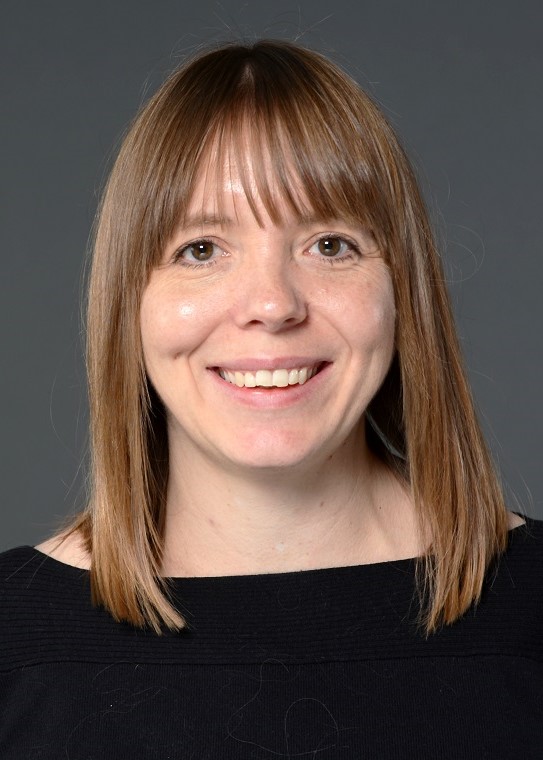Dr Cathy Slack

Associate Professor and Director of Education
Email:
Phone: 024 765 73665
Office: D126
Twitter: @cathy_slack
Cathy Slack webpage
Research Clusters
Opportunities in the group
For PhD and postdoctoral opportunities, and interest in potential collaborations, please contact me at the above email address.
Research/Teaching Interests
Improvements in healthcare over the last 100 years have resulted in dramatic increases in life expectancy worldwide. This has resulted in a global shift in demographics with more people living to increasingly older ages. While this is a significant achievement, it also means that increasingly more people live long enough to suffer from multiple age-related diseases. And that is because increased age is the major risk factor for a range of non-communicable diseases such as cancer, obesity, diabetes, cardiovascular disease and neurodegeneration. This presents society with new challenges because as the number of older people in the population increases so does the incidences of age-related disease.
But what if we were to consider such age-related pathologies as symptoms of one common underlying indication, ageing itself? Could we develop therapeutic interventions that target ageing itself to alleviate its effects, thereby prolonging health well into old age?
Ageing has long been considered an inevitable consequence of life. However, recent scientific advances have revealed that it has an underlying biological process, influenced by both genetic and environmental factors. Research using laboratory organisms such as worms, flies and mice, has shown that remarkably similar interventions can extend lifespan and delay the adverse effects of ageing across different species. This striking evolutionary conservation indicates that these simple organisms will provide beneficial insights into human ageing.
Our research aims to further understand the molecular and cellular mechanisms that govern how an animal ages using the fruit fly, Drosophila melanogaster, as a model system.
Current Group Members:
- Dr Rhianne Kelleher (Research Fellow)
- Dr Jacob Moorse (Research Fellow)
- Mihails Laskovs (MIBTP PhD Student)
- Giulia Barini (Research Technician)
Research: Technical Summary
The main aim of our research is to understand the fundamental biological processes that underlie ageing. Our goal is to then target those processes therapeutically to prevent age-related disease thereby increasing the quality of life for older people.
Drosophila as a model for ageing studies
Our laboratory uses the fruit fly, Drosophila melanogaster, as a model system to study the biology of ageing. Drosophila have been used in biological and biomedical research for over 100 years contributing to six Nobel prizes in Physiology and Medicine to date. Drosophila is highly amenable to genetic manipulation so we can modulate gene function and analyse the effects on ageing phenotypes. Many age-related phenotypes are observed in ageing flies including loss of mobility, metabolic dysfunction, neurodegeneration and immunosenescence. Drosophila therefore offers an ideal organism in which to perform mechanistic studies into the biological pathways that govern ageing and age-related health.
Ongoing Projects
Current key research topics of interest in the laboratory are aimed at:
- Understanding the regulatory networks that control the activity of key proteins within the insulin signalling pathway and how they impact on age-related physiology.
- Exploring the role of energy balance and metabolism in regulating lifespan and age-related health.
- Developing pharmacological interventions that reduce age-related morbidity and improve life-long health.
- 2023 – present Associate Professor, School of Life Sciences, University of Warwick, UK.
-
2021 – 2023 Senior Lecturer, School of Biosciences, College of Life & Health Sciences, Aston University, UK.
- 2016 – 2021 Lecturer, School of Biosciences, College of Life & Health Sciences, Aston University, UK.
- 2005 – 2016 Senior Postdoctoral Research Associate/Max Planck Research Fellow, Institute of Healthy Ageing, University College London, UK.
-
2002 – 2005 Postdoctoral Research Associate, MRC Centre for Developmental Neurobiology, Kings College London. PhD
-
1998 – 2002 PhD Genetics, Imperial College London, UK.
- 1995 – 1998 BSc (Hons) Biological Sciences, University of Southampton, UK.
